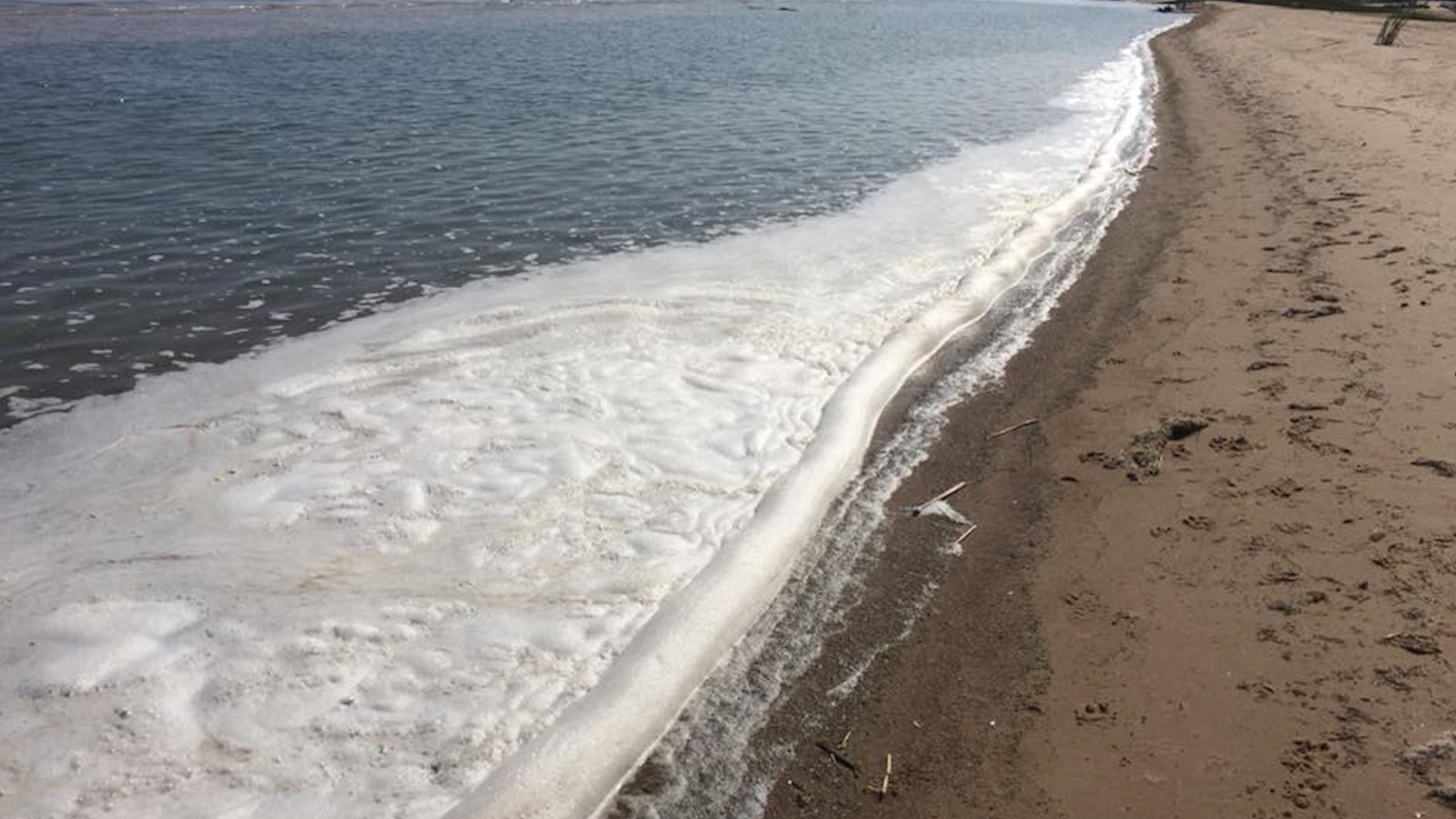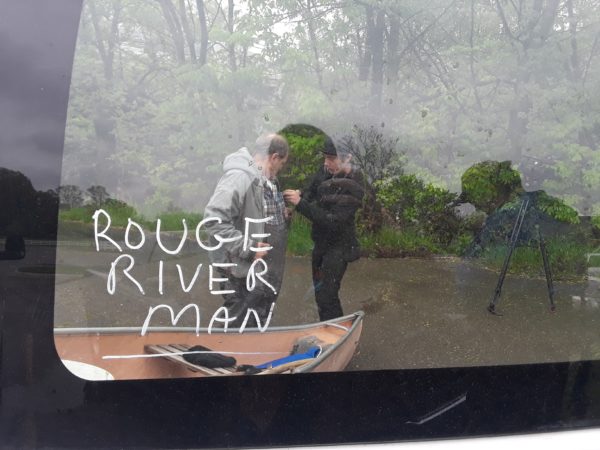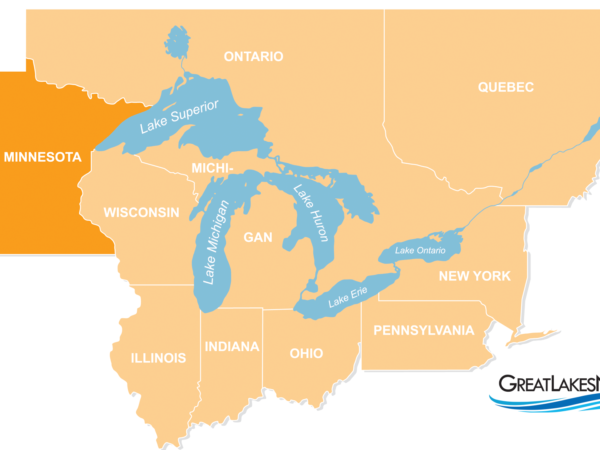
In a few months, many products with “forever chemicals” will be officially banned in Minnesota. Known as Amara’s Law, starting January 1, 2025 resident’s won’t be able to sell or distribute products with intentionally added PFAS from cookware, cosmetics, dental floss, juvenile products, menstruation products, textile furnishing, ski wax, upholstered furniture, cleaning products, or carpets and rugs — according to Vice Magazine. A full ban on all non-essential products with per- and polyfluorinated substances (PFAS) will come into effect in 2032.
According to reporting from Minnesota Public Radio, some businesses like Nordic Ware have already started ridding their products of these chemicals. The Minnesota Pollution Control Agency also noted that consumers should be prepared that they might see changes to inventory.
On Tuesday, September 24, the Wisconsin Department of Natural Resources (DNR) announced about $460,000 in grants for some of the state’s smaller public water systems. The money is to go toward fighting manganese and PFAS contamination. Meanwhile, a petition has emerged from Save Our H20, urging the state legislature to set groundwater standards for “forever chemicals.”
According to reporting from Wisconsin Public Radio, the state’s high court is granting a petition by the DNR to hear a case that challenged the DNR’s authority to force businesses to clean up their PFAS contamination. Democratic candidate, Angela Stroud, is campaigning for Wisconsin’s 73rd Assembly seat and says protecting Lake Superior is the number 1 issue of her campaign—which, in part means, focusing on PFAS regulation and remediation.
Michigan’s Muskegon Lake is currently being investigated for the source of it’s suddenly high concentrations of toxic “forever chemicals.” According to reporting done by Garrett Ellison of MLive, nearby residents noted seeing large amounts of foam on August 28, September 1 and 6.
“Surface water foam is most often a natural occurrence, but PFAS foam is distinguished by its sticky whiteness and tendency to glob up like shaving cream, according to the Michigan Department of Environment, Great Lakes and Energy (EGLE),” wrote Ellison, also noting that while the chemical foam can occur at any time of the year, it tends to accumulate on breezy days.
The U.S Environmental Protection Agency (EPA) and Public Employees for Environmental Responsibility (PEER) are currently in a legal dispute about sewage sludge used in farm fertilizer. According to PEER, the Clean Water Act (CWA) requires that the EPA must regulate these contaminants, but the EPA is arguing that the CWA doesn’t apply to land.
“They [farmers] rely on statements about the safety of the products they put on their land,” said Laura Dumais, PEER staff counsel, in an interview with Waste 360. “If EPA is not telling them it is harmful and in fact promoting sewage sludge as potentially helpful to put on land, this is a real problem.”
More PFAS News in case you missed it:
- A water lab in Dayton, Ohio becomes the first certified lab in the state to do PFAS testing.
- Citizens Energy Group is working with the city of Lebanon, Indiana to update their drinking water infrastructure. The fund has origins in the federal Safe Drinking Water Act, according to Indiana Capital Chronicle.
- According to research by Dr. Jaclyn (Jackie) Goodrich, at the University of Michigan School of Public Health, her research contributes to a growing body of evidence that suggests exposure to per- and polyflourinated substances can impact epigenetic regulation, like DNA methylation.
- In a recent paper published by Nature, “over 1800 food contact chemicals (FCCs) are known to migrate from food contact articles used to store, process, package, and serve foodstuffs” — including PFAS, pesticides, metals, flame retardants, and more.
Catch more news at Great Lakes Now:
PFAS Roundup: Wisconsin PFAS remediation funds still frozen due to partisan divide
Featured image: PFAS foam on a beach near the decommissioned Wurtsmith Air Force Base in Iosco County, Mich. (Great Lakes Now Episode 1025)




